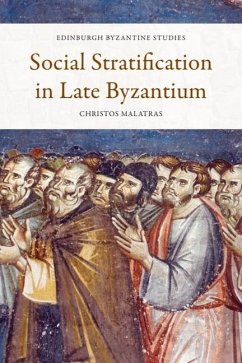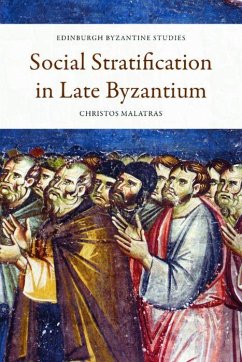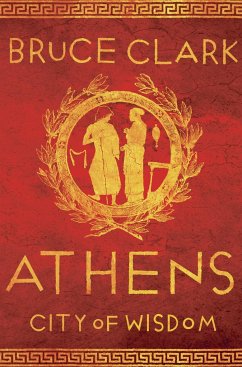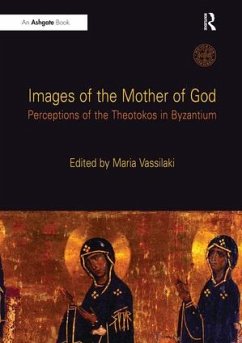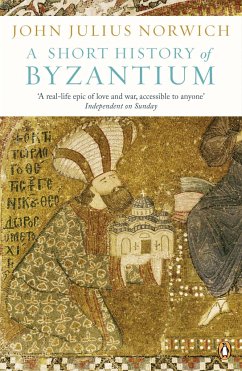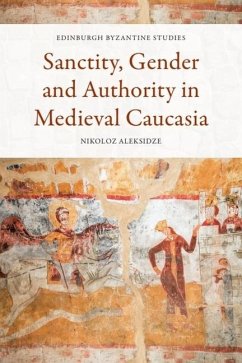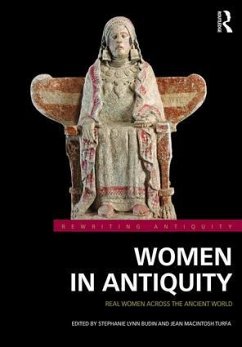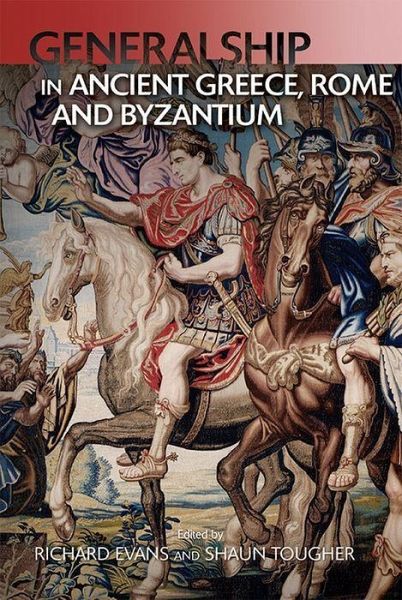
Generalship in Ancient Greece, Rome and Byzantium
Versandkostenfrei!
Versandfertig in über 4 Wochen
92,99 €
inkl. MwSt.
Weitere Ausgaben:

PAYBACK Punkte
46 °P sammeln!
This volume is unique in addressing a key aspect of ancient warfare across a broad chronological and cultural span, focusing on generalship from Archaic Greece to the Byzantine Empire in the twelfth century AD. Across this broad span, it explores a range of ideas on how to be a successful general, showing how the art of generalship - a profession that has been occupied variously by the political elite, the mercenary soldier and the eunuch - evolved and adapted to shifting notions of how a good military leader should act. Highlighting developments and continuities in this age-old profession acr...
This volume is unique in addressing a key aspect of ancient warfare across a broad chronological and cultural span, focusing on generalship from Archaic Greece to the Byzantine Empire in the twelfth century AD. Across this broad span, it explores a range of ideas on how to be a successful general, showing how the art of generalship - a profession that has been occupied variously by the political elite, the mercenary soldier and the eunuch - evolved and adapted to shifting notions of how a good military leader should act. Highlighting developments and continuities in this age-old profession across the Graeco-Roman world, this volume brings together the latest research on generalship from both established and new voices. The chapters examine both ideals of generalship and specific examples of generals, considering the principles underpinning the roles they played and the qualities desired in them. They discuss in particular the intersection between military and political roles, the addresses delivered by generals to their troops, the virtue of courage and the commemoration of victory as well as defeat. In addition, contributors consider cross-cultural comparisons of generalship, with specific chapters devoted to Persian, Arab and Chinese views.




